Coffee lovers know that the right machine can make all the difference in brewing the perfect cup. Whether you’re a busy professional who needs a quick caffeine fix or a coffee connoisseur who enjoys the art of making espresso, choosing between a Nespresso machine vs Espresso machine machine can be a tough decision. In this article, we’ll break down the key differences, pros, and cons of each, helping you find the perfect fit for your coffee needs.
We’ll explore the unique features, ease of use, and overall coffee experience of both Nespresso and traditional espresso machines, guiding you through the decision-making process. By the end, you’ll have a clearer understanding of which machine suits your lifestyle and preferences.
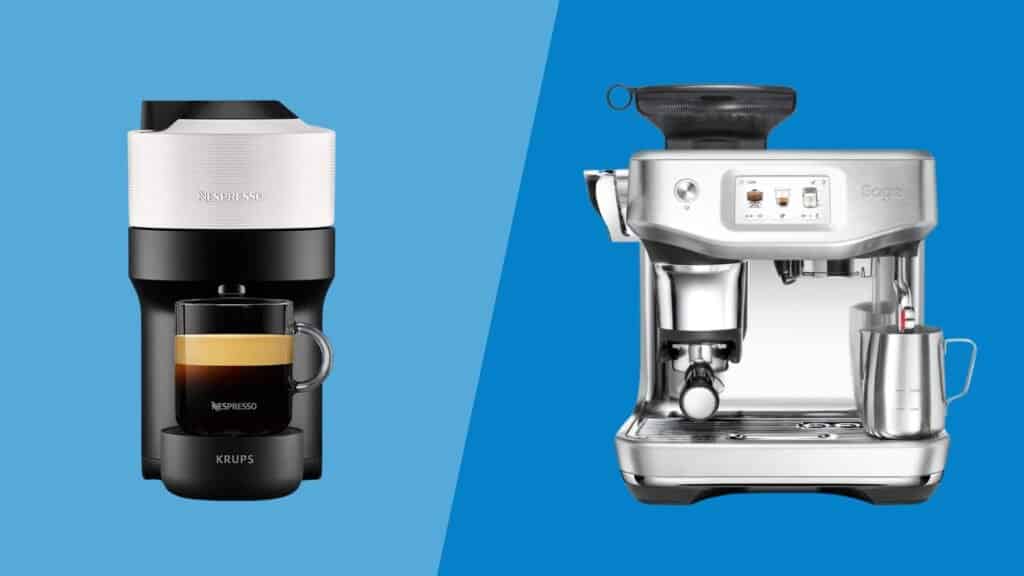
Espresso
Espresso is a concentrated form of coffee brewed by forcing hot water through finely-ground coffee beans. Originating in Italy in the early 20th century, espresso has become the foundation for many popular coffee drinks like lattes, cappuccinos, and macchiatos.
Traditional preparation methods involve using an espresso machine that delivers water at high pressure, typically around 9 bars, through a tightly packed bed of coffee grounds. This process extracts rich flavors and produces a thick, creamy layer known as crema on top. The result is a small, intense shot of coffee that packs a punch, both in flavor and caffeine content.

What is Nespresso?
Nespresso is a brand of single-serve coffee machines and capsules developed by Nestlé. Launched in the 1980s, Nespresso aimed to simplify the process of making espresso by using pre-packaged coffee capsules. Unlike traditional methods that require precise grinding, tamping, and brewing, Nespresso machines offer a convenient, consistent way to make espresso-like coffee.
The system uses hermetically sealed capsules containing ground coffee, which are inserted into the machine. With the push of a button, the machine pierces the capsule and forces hot water through it, delivering a quick and easy espresso shot with minimal effort and cleanup.
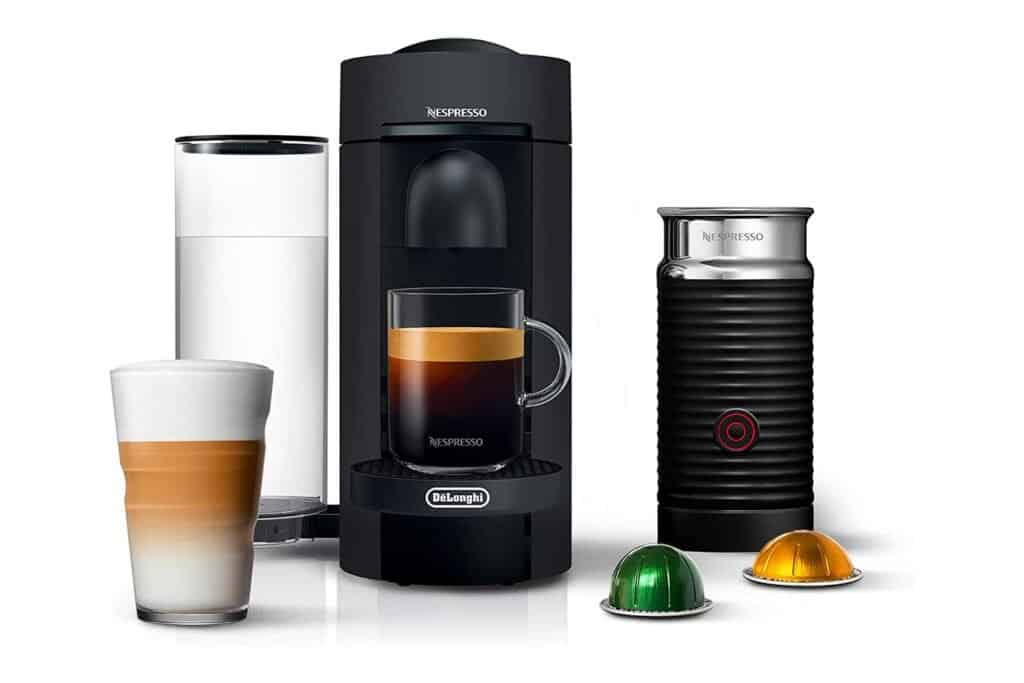
Nespresso Machine Technology
Nespresso machines are designed with advanced technology to ensure a consistent and high-quality coffee experience. The key components include:
- Extraction System: Nespresso machines use a unique extraction process that operates at a high pressure of 19 bars. This pressure ensures optimal extraction of flavors and aromas from the coffee capsule, creating a rich and creamy coffee with a signature layer of crema.
- Capsule Technology: The capsules are made of aluminum to preserve the freshness of the coffee. Each capsule is precisely measured and sealed, ensuring consistent taste and quality. The machine punctures the capsule, allowing water to flow through evenly, extracting the coffee efficiently.
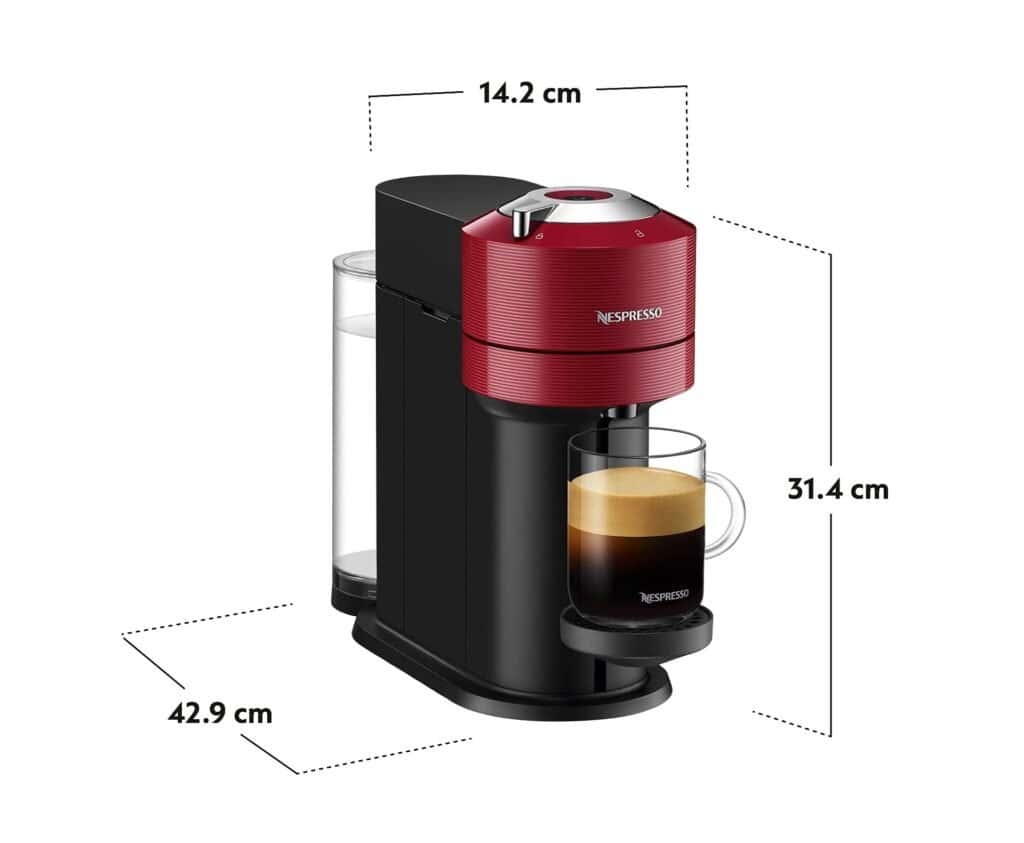
- Automatic Features: Many Nespresso machines come with programmable settings for different cup sizes and temperatures, making it easy to customize your coffee experience. They also feature automatic shut-off and descaling alerts for maintenance.
Key Differences in Brewing Techniques
- Traditional Espresso Machines:
- Requires precise grind size, tamping pressure, and brewing time.
- Hands-on and customizable process.
- High-pressure water (around 9 bars) forced through coffee grounds.
- Rich, concentrated shot of espresso.
- Nespresso Machines:
- Uses pre-packaged coffee capsules.
- Automated brewing process.
- Consistent pressure of 19 bars.
- Quick and effortless espresso shot with minimal variables.
Speed and Convenience
- Nespresso Machines:
- Coffee ready in about a minute.
- Simple process: insert capsule, press button.
- Minimal cleanup: used capsules collected in a built-in container.
- Ideal for busy individuals needing a quick coffee fix.
- Traditional Espresso Machines:
- Takes several minutes to prepare a shot.
- Steps include grinding beans, tamping, and extracting espresso.
- Requires regular cleaning and maintenance.
- More time-consuming but allows for greater customization.
Flavor and Aroma
- Traditional Espresso:
- Broader range of flavors and complex aromas.
- Richer, more robust coffee experience.
- Thicker crema due to precise control over brewing variables.
- Manual preparation allows for nuanced flavor profiles.
- Nespresso:
- Consistent taste with pre-packaged capsules.
- Flavor profile can be less nuanced compared to traditional espresso.
- Variety of capsule options catering to different tastes (mild to intense).
- Convenient but may lack the depth and complexity of traditional espresso.
Cost Analysis
- Nespresso Machines:
- Entry-level models: $100 – $200
- High-end models: $200 – $600
- Generally more affordable upfront than traditional espresso machines.
- Traditional Espresso Machines:
- Entry-level models: $300 – $500
- Mid-range models: $500 – $1,000
- High-end models: $1,000 – $3,000+
- Higher initial cost, especially for premium models.
Ongoing Expenses:
- Nespresso Machines:
- Nespresso capsules: $0.70 – $1.20 per capsule.
- Monthly cost (1 cup/day): $21 – $36.
- Annual cost: $252 – $432.
- Additional costs: Descaling solution, occasional maintenance.
- Traditional Espresso Machines:
- Coffee beans: $10 – $20 per pound (yields approx. 30-40 shots).
- Monthly cost (1 cup/day): $8 – $20.
- Annual cost: $96 – $240.
- Additional costs: Grinder (if not built-in), descaling solution, regular maintenance, potential repairs.
Long-Term Considerations:
- Nespresso Machines:
- Convenient but higher cost per cup.
- Limited to Nespresso-compatible capsules.
- Environmental impact of used capsules (though recycling programs exist).
- Traditional Espresso Machines:
- Lower cost per cup over time.
- Greater flexibility with coffee bean choice.
- Potentially higher maintenance and repair costs.
- Longer lifespan with proper care.
Environmental Impact
- Nespresso Capsules:
- Made from aluminum and plastic.
- High energy consumption in production.
- Significant environmental footprint due to single-use nature.
- Efforts to offset impact through recycling programs.
- Traditional Espresso Grounds:
- Requires coffee beans, often sold in bulk or recyclable packaging.
- Lower energy consumption in production compared to capsules.
- Minimal environmental impact if grounds are composted.
- More sustainable choice for regular coffee drinkers.
Waste and Recycling
- Nespresso Capsules:
- Waste Production:
- Single-use capsules contribute to more waste.
- Daily use can result in significant accumulation of spent capsules.
- Recycling Options:
- Nespresso offers a capsule recycling program.
- Users can return used capsules to designated collection points or by mail.
- Aluminum is recyclable, but the process requires consumer participation.
- Capsule recycling still has an environmental cost due to transport and processing.
- Waste Production:
- Traditional Espresso Grounds:
- Waste Production:
- Used coffee grounds are biodegradable.
- Generates less waste compared to single-use capsules.
- Recycling Options:
- Coffee grounds can be composted.
- Grounds can be repurposed for gardening, as natural fertilizer, or for various household uses.
- Packaging waste can be minimized by purchasing beans in bulk.
- Waste Production:
User Experience and Accessibility
Nespresso machines are incredibly user-friendly with their simple one-button operation, requiring minimal setup and maintenance. Their compact design suits small spaces, and they’re widely available.
Features like built-in milk frothers add versatility, though they limit customization as users rely on Nespresso capsules.
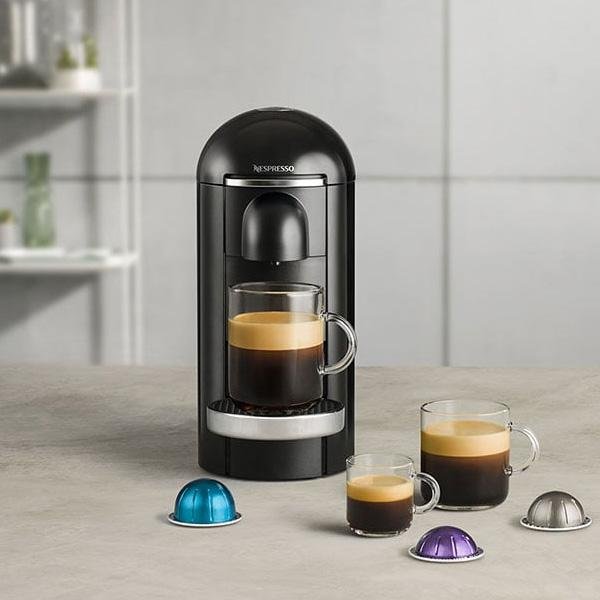
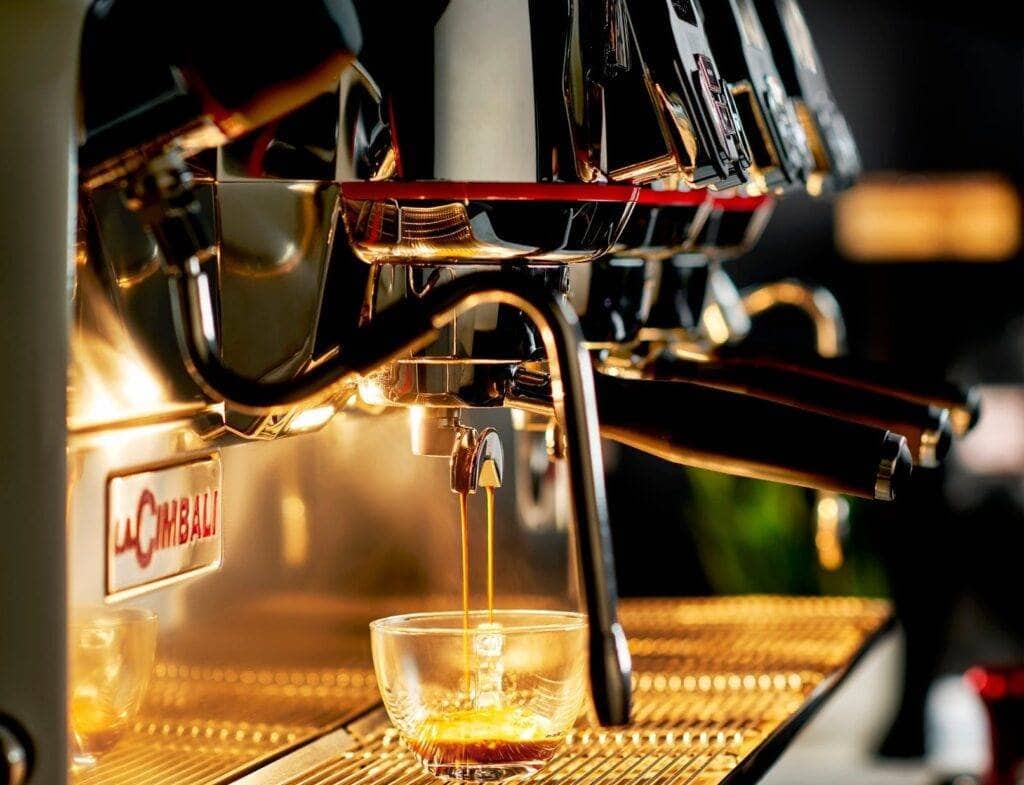
Traditional espresso machines, on the other hand, offer a hands-on experience for coffee enthusiasts. They involve steps like grinding beans, tamping, and controlling the brew, which can be complex but rewarding.
These machines are larger, require more space, and have a steeper learning curve. However, they provide greater control over coffee quality and flavor, catering to various skill levels and offering a potentially richer coffee experience.
Conclusion: Which is Right for You?
Choosing between a Nespresso machine and a traditional espresso machine ultimately depends on your lifestyle, preferences, and priorities. If you value convenience and speed, have limited space, and appreciate the variety offered by capsules, a Nespresso machine might be the best fit. These machines are perfect for those who need a quick, hassle-free coffee fix without much effort or time investment.
On the other hand, if you enjoy the hands-on process of making espresso, want more control over your coffee’s flavor and quality, and are willing to invest more time and money upfront, a traditional espresso machine could be the better choice. These machines cater to those who savor the art of coffee making and are willing to engage in a more involved brewing process for potentially richer results.
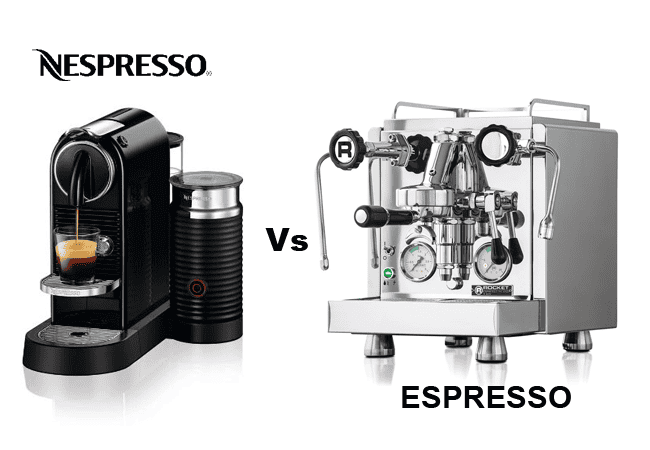
Both systems have their unique advantages, so consider your daily routine, budget, and taste preferences to make the best choice for your coffee journey. Whether you opt for the convenience of Nespresso or the craftsmanship of traditional espresso, the right machine can elevate your coffee experience to new heights.
Disclosure: Our blog contains affiliate links to products. We may receive a commission for purchases made through these links. However, this does not impact our reviews and comparisons. We try our best to keep things fair and balanced, in order to help you make the best choice for you.


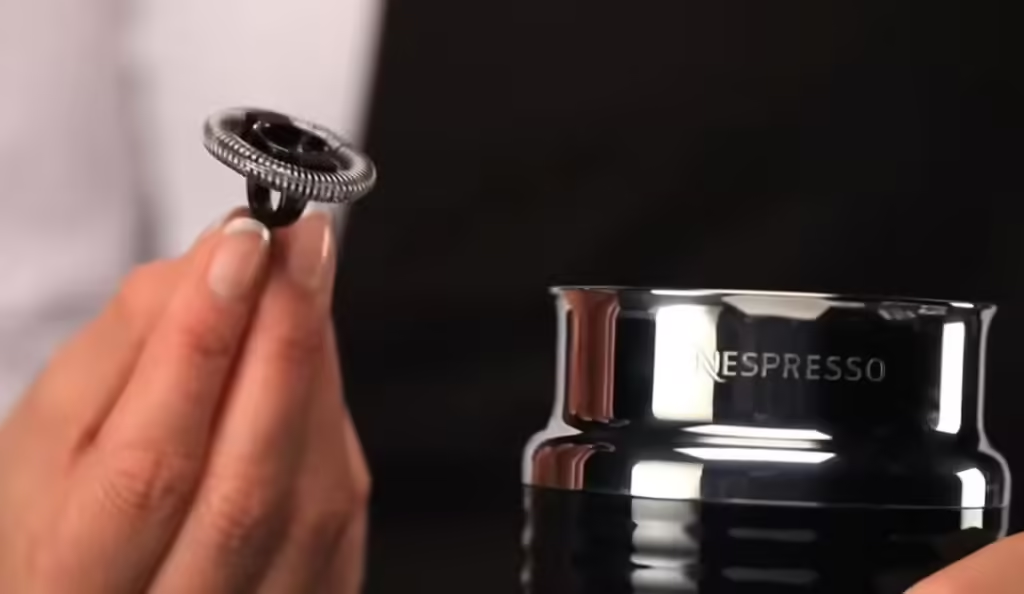

3 Responses